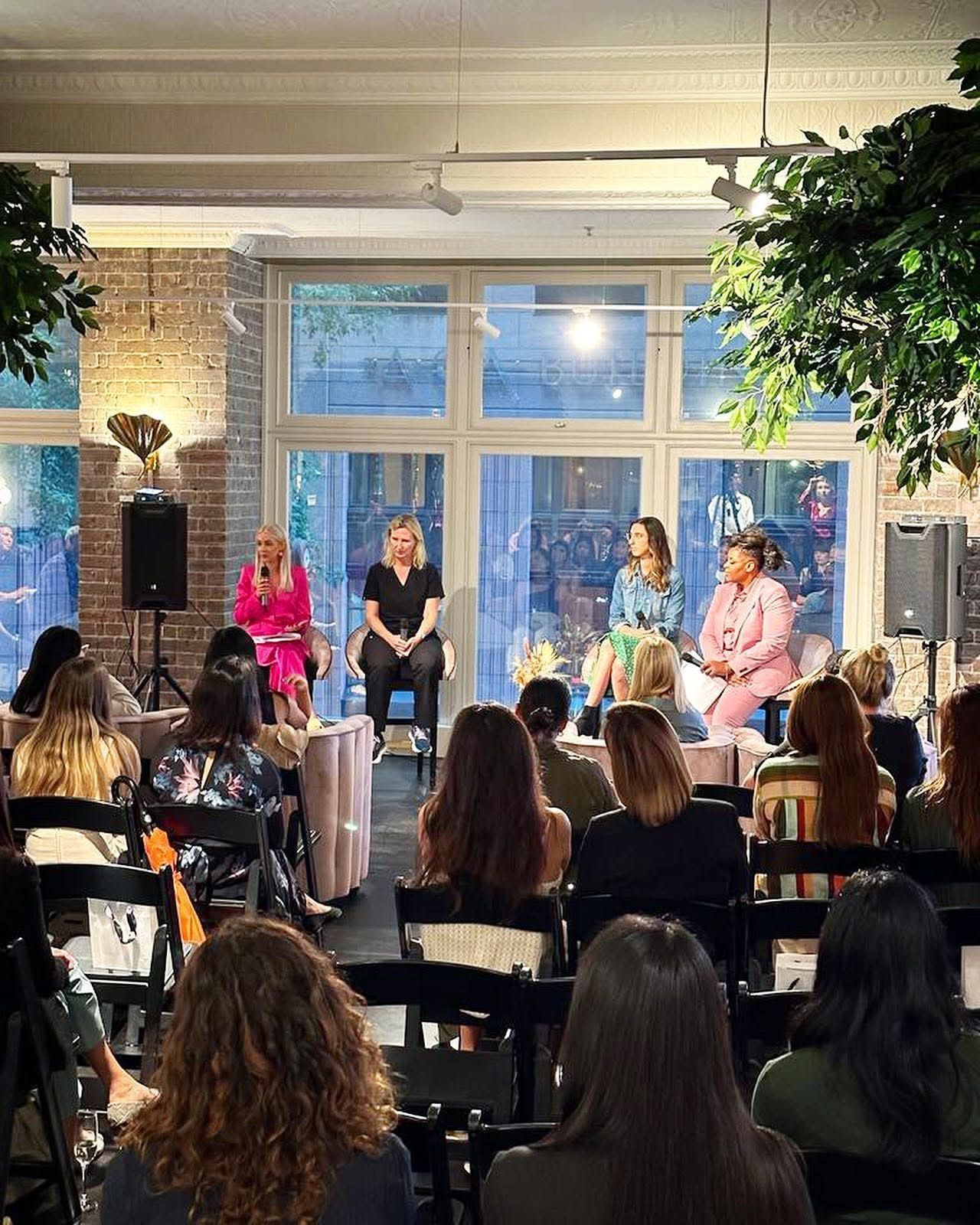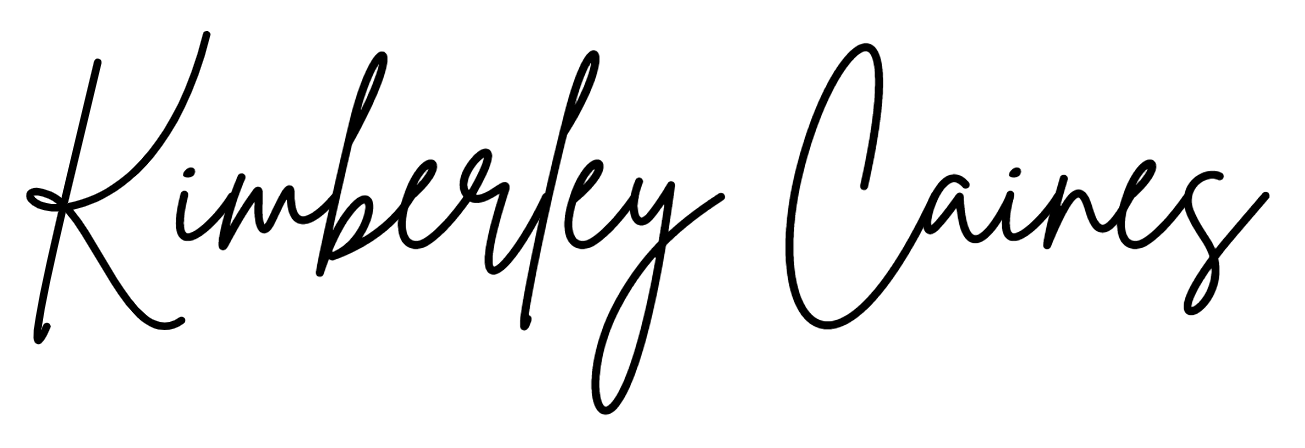To freeze or not to freeze?

To freeze or not to freeze?
It's the question more women should be asking themselves.
Did you know women are born with every egg they'll ever have, and one day, there will be none left?
They don't produce any new eggs during their lifetime.
There’s no renewal, only a steady decline in the number they have each month.
At birth, a girl has around 1 to 2 million eggs in her ovaries.
By puberty, this number has dropped down significantly to about 300,000.
That’s roughly 25 percent of her original supply.
And month by month, year by year, those numbers keep dropping until menopause, when the egg reserve runs dry.
We’re taught how
not to fall pregnant in school - "take the pill, use protection" -
but no one teaches us what happens when we
do want a baby... and it’s not that simple.
The truth is, it’s getting harder every year to conceive naturally.
Why? Because we're having children later in life when our egg quality and quantity have significantly declined.
More women need to be thinking about preserving their fertility for future family planning, so they're not left with regrets later.
Two years ago, I had the privilege of sharing my egg freezing journey with a room of women.
We weren't just talking biology - we were talking options, empowerment, and planning for the future.
Fertility isn't just a women's issue.
It’s a health issue.
A policy issue.
A conversation we
must have now.
